Japan’s last WWII straggler dies at 91
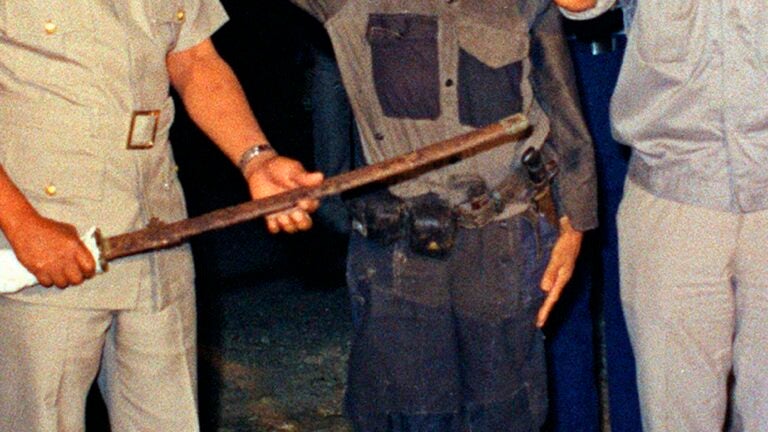
TOKYO — Hiroo Onoda — the last Japanese imperial soldier to emerge from hiding in a jungle in the Philippines and surrender, 29 years after the end of World War II — has died.
Mr. Onoda, 91, died Thursday at a Tokyo hospital after a brief stay. Government spokesman Yoshihide Suga praised Mr. Onoda for his strong will to live and indomitable spirit.
‘‘Mr. Onoda lived in the jungle for many years, and when he returned to Japan, I felt that finally, the war was finished; that’s how I felt,’’ Suga said.
Mr. Onoda was an intelligence officer who came out of hiding, erect but emaciated, in fatigues patched many times, on Lubang island in the Philippines in March 1974, on his 52d birthday. He surrendered only when his former commander flew there to reverse his 1945 orders to stay behind and spy on American troops.
Mr. Onoda and another World War II holdout — Sergeant Shoichi Yokoi, who emerged in 1972 — received massive heroes’ welcomes.
Before and during the war, Japanese were taught absolute loyalty to the emperor. Soldiers in the Imperial Army observed a code that said death was preferable to surrender.
Mr. Onoda refused to give up, despite at least four searches during which family members appealed to him over loudspeakers and leaflets were dropped urging his surrender.
In his formal surrender to President Ferdinand Marcos of the Philippines, Mr. Onoda wore his uniform, cap, and sword, all in good condition.
After the initial sensation of his return home wore off, Mr. Onoda bought a ranch in Brazil. He later led a children’s nature school in northern Japan.
‘‘I don’t consider those 30 years a waste of time,’’ Mr. Onoda said in a 1995 interview. ‘‘Without that experience, I wouldn’t have my life today.’’
Still, he showed a great zeal for making up for years lost.
‘‘I do everything twice as fast so I can make up for the 30 years,’’ he said. ‘‘I wish someone could eat and sleep for me so I can work 24 hours a day.’’
The son of a teacher, Mr. Onoda worked for a trading firm after finishing high school.
In December 1944, he was sent to Lubang, about 90 miles southwest of Manila. Most other Japanese soldiers surrendered when US troops landed on Lubang in February 1945.
Mr. Onoda struggled to feed himself on a mission of survival. He stole rice and bananas.
The turning point came on Feb. 20, 1974, when he met a young globe-trotter, Norio Suzuki, who ventured to Lubang in pursuit of Mr. Onoda.
‘‘Oi,’’ Mr. Onoda called out.
Major Yoshimi Taniguchi eventually delivered his surrender order in person.

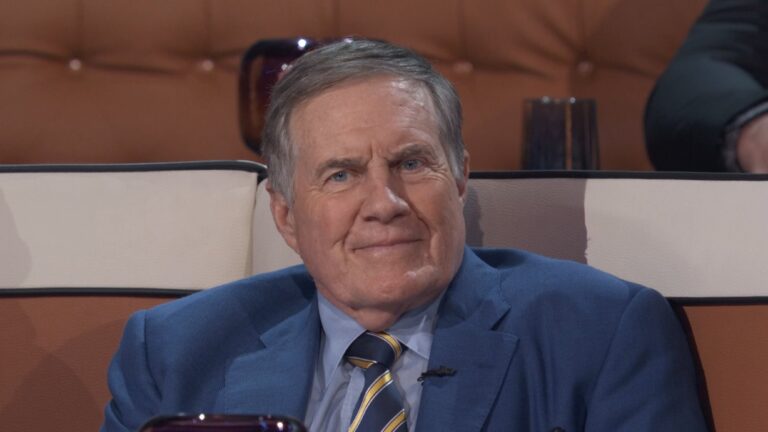

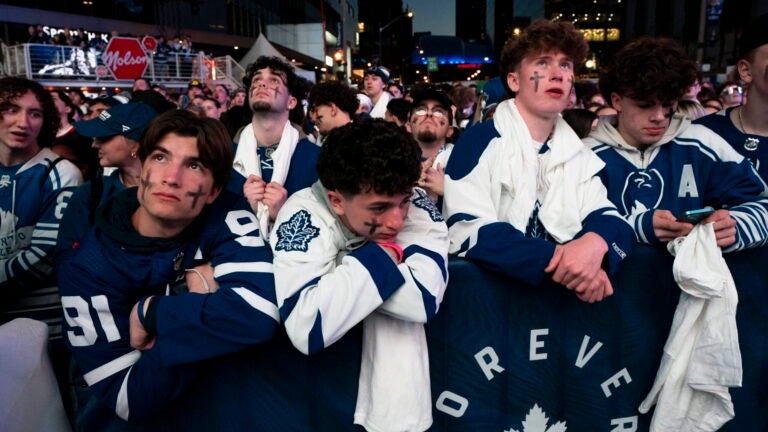
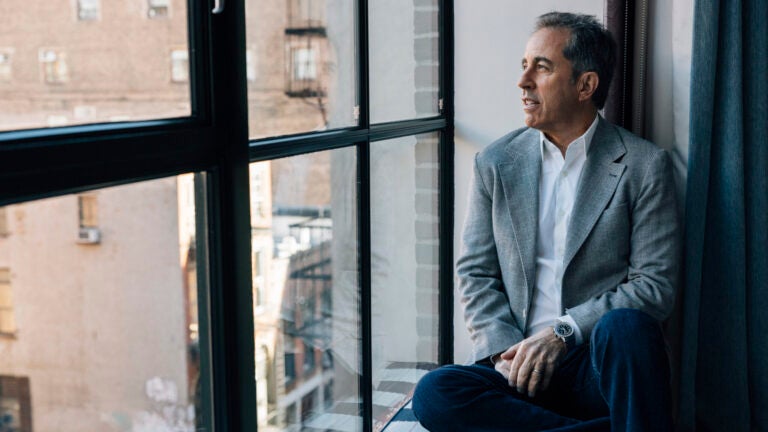
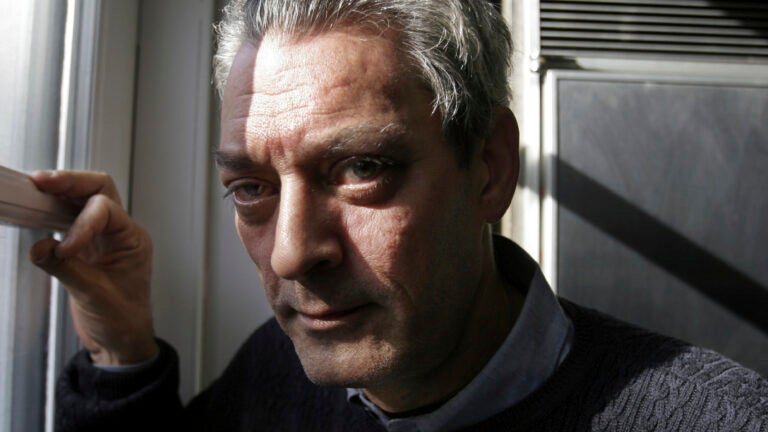

Conversation
This discussion has ended. Please join elsewhere on Boston.com